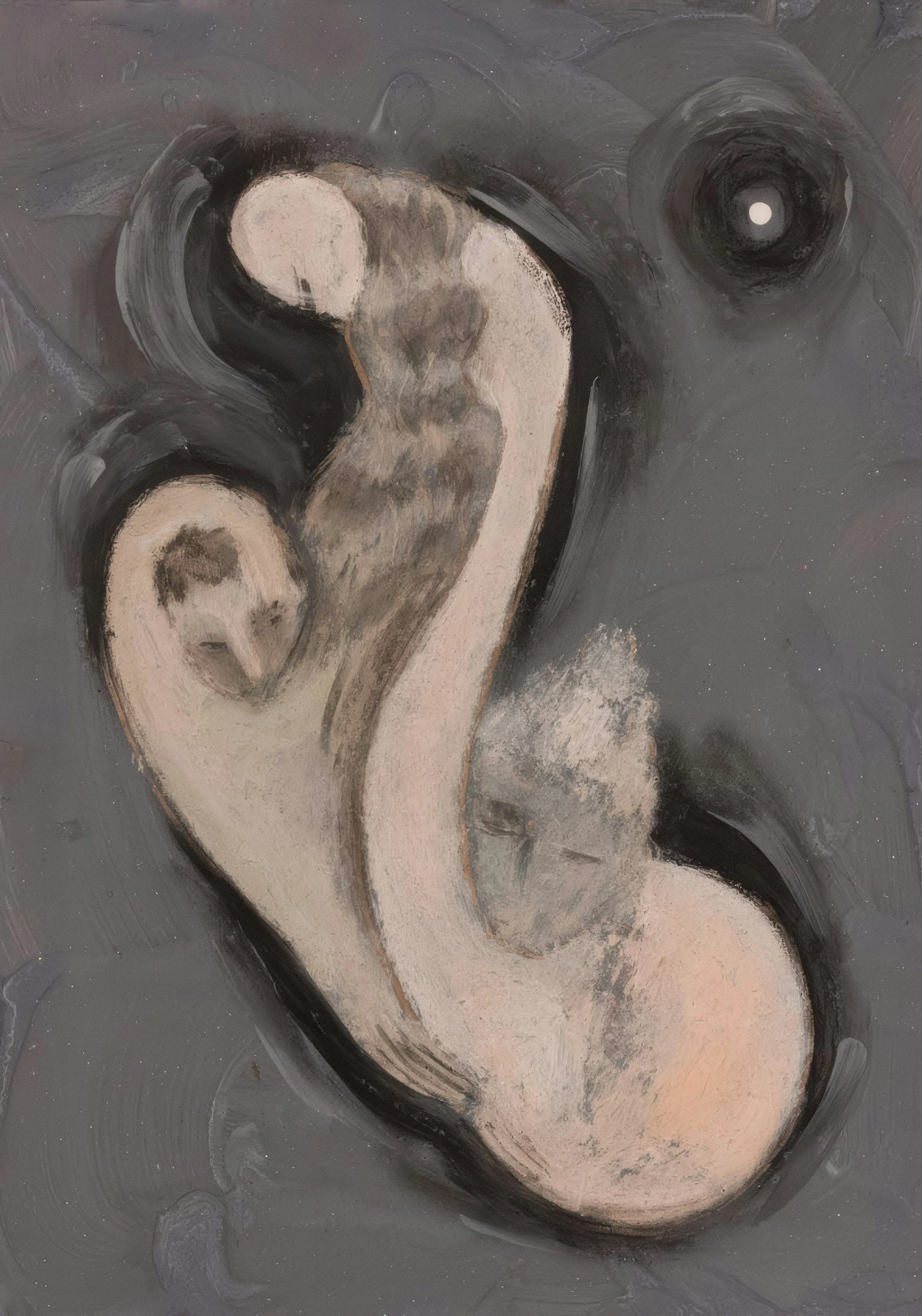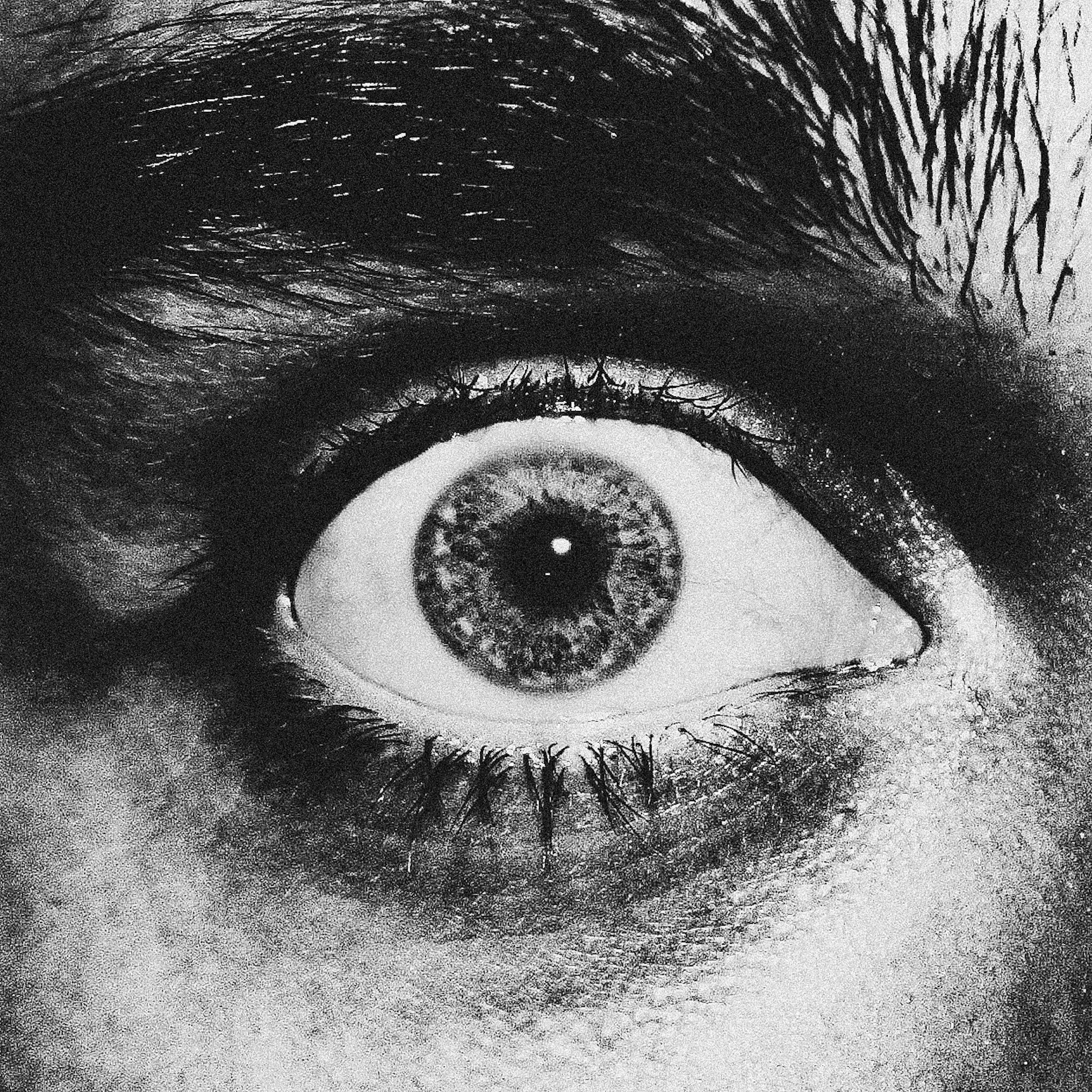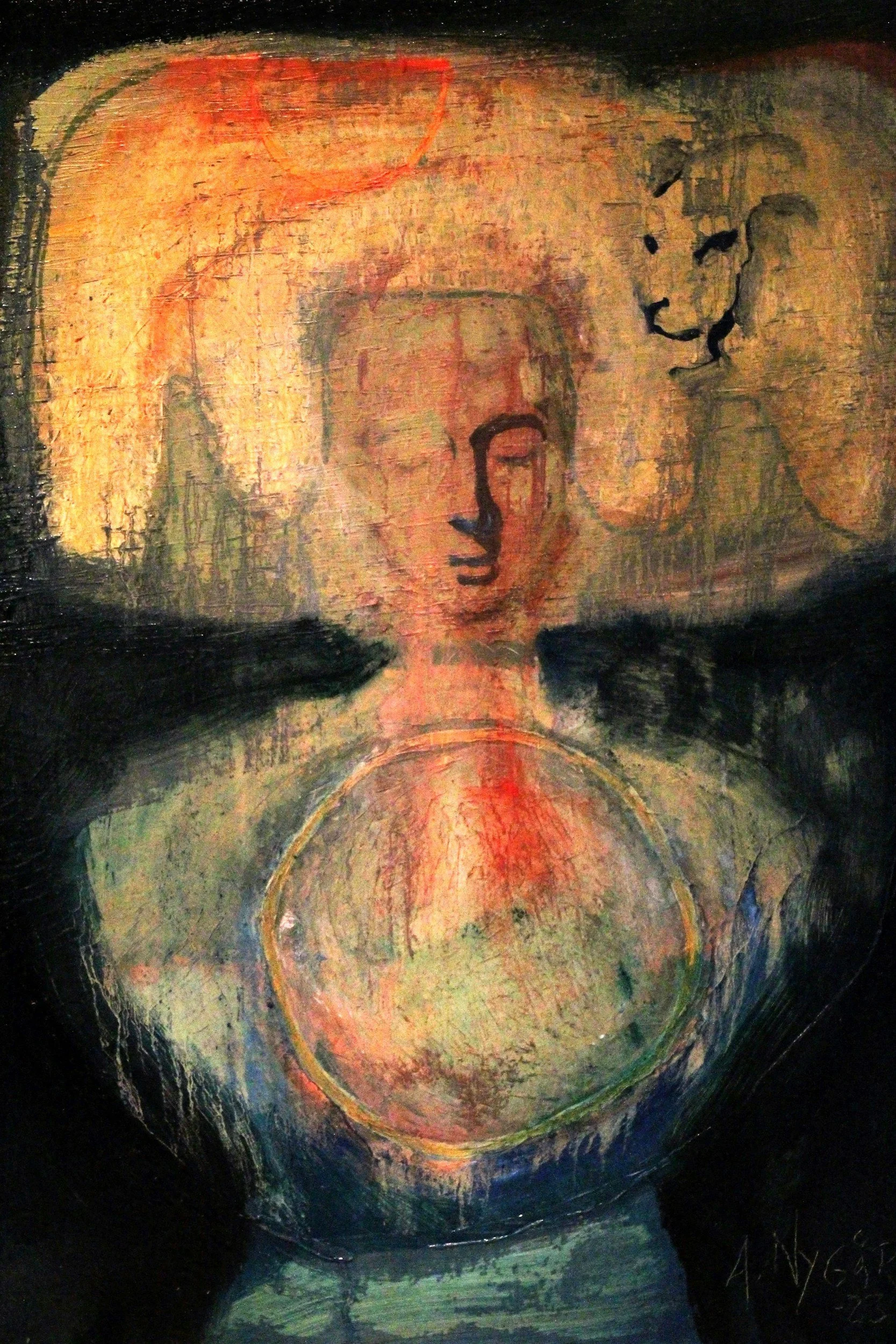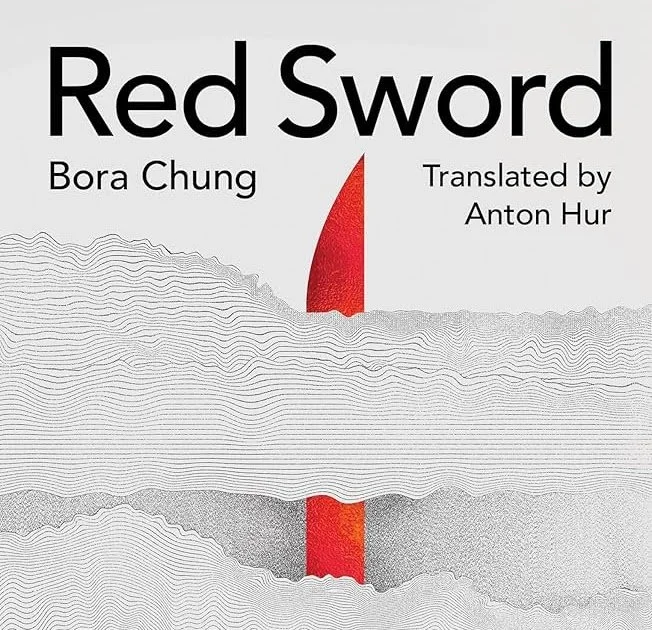fiction
poetry
Letters & Essays
interviews
book reviews
by Alex Leigh Farber
The poets and the pornographers
meet in the same place
every night—
after the city has emptied out.
Neither tourists nor police
can tell them apart.
by Mitzi Dorton
Signs
After death,
Wouldn’t they come
From a mother, too,
Who bangs on the glass
At the emergency room,
The desk ladies talking,
Lost in their own family sagas
by Charlotte M. Porter
Enduring bloodshed, recipes, women’s spoils,
make do w/ shortages, rations & absence
of manna, milk & honey, miracle loaves—
foody promises made real in War Cake,
a city confection for cooks w/out chickens,
an eggless feat, almost fat-free w/ raisins,
minus milk, to fete a special occasion
as soldiers die on someone else’s T.V.
by Rita Taryan
The comeliest woman in the village is the one with the roundest face and rosiest lips. The most eligible bachelor in the village is the one who writes the most heartfelt poetry about his mother. The great Hungarian poet, Attila József (working-class, schizophrenic, a suicide at the age of thirty-two) wrote, “For a week now, all I think about is Mama; When I stop, I start again.”
by Milena Findeis
In the mouth, the word
to taste
to chew
It hums in the ears
is rolled by the eyes
cut apart by grimaces
Spread with hashtags
processed in the news stream
until it ends, checked off,
in the cache
by Mire Marke
She tells me not to sit on the cold stone slab in front of the fireplace. It will ruin your womb, she says. You need your womb. I tell her I don’t want children anyway. Flames burst from her mouth in the shape of what will people say?
by Ema Dumitriu
In fleeing me, my wrath,
my fear
a female rat is giving birth
on the hot sidewalk,
steadily,
trailing behind a streak of blood
with child
Reviewed by Kate Tsurkan
Bora Chung’s “Red Sword” wastes no time plunging readers into an alien world that is both cruel and enticing, immediately challenging humanity to find a way to reclaim itself. We are first introduced to the narrator — a woman who remains nameless for most of the novel — as she recounts her budding intimacy with a lover aboard a slave ship traversing the far reaches of a galactic empire, only to witness his death shortly after they are cast onto what is dubbed the white planet. What starts as a flicker of dread from her lover’s untimely death swiftly grows into an unrelenting tension that saturates the novel from start to finish.
Reviewed by Anya Avrutsky
Written in the few months leading up to and following Russia’s full-scale invasion, the book bridges a documentary and surrealist style, capturing a city on the brink. Maksymchuk, a Ukrainian poet and translator from Lviv, began writing Still City six months before February 24th, from a building overlooking an old prison courtyard where political prisoners had been executed during WWII. Such a setting serves as a reminder of how little time has passed since the last war that ravaged Ukraine.
by Alexandra Magearu
a tumult of birds
like a little chaos
thick and fluttering
with treasures in their toothless mouths
cruel in the glacial light
(…)









